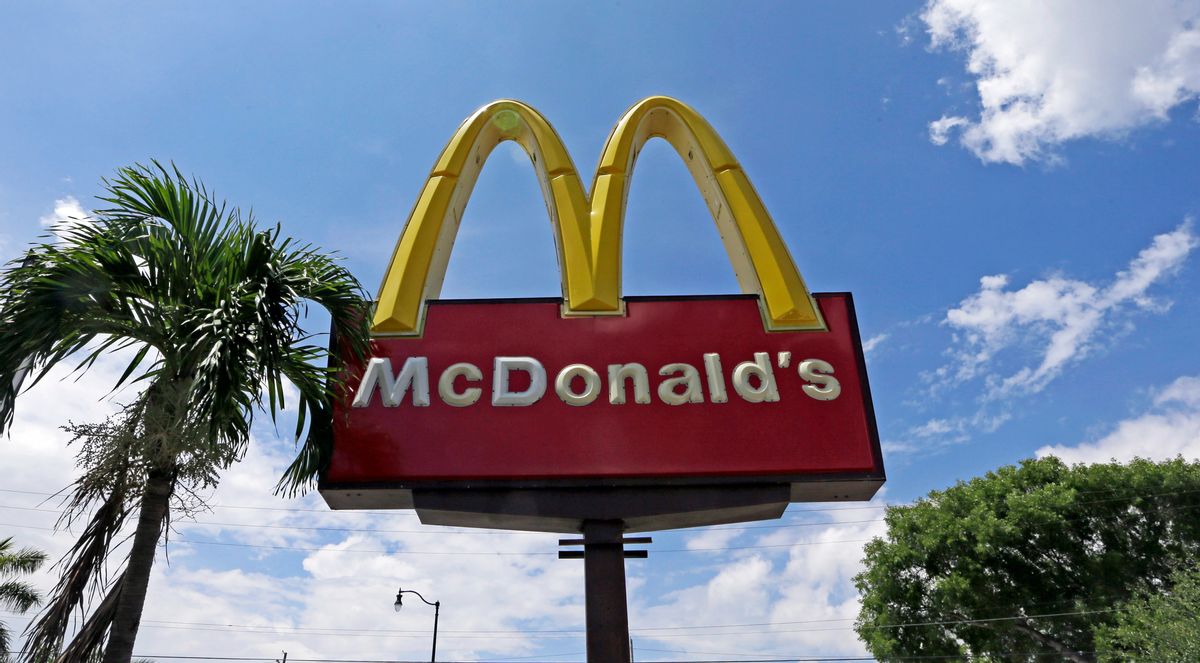Unlike its competitors Burger King, Subway, Wendy's and Pizza Hut, McDonald's has always prided itself on providing an opportunity for small business owners to buy into the company via the franchise model, but with a pressing need to renovate and upgrade struggling older restaurants, that could quickly be changing.
As Leslie Patton noted in Bloomsberg Businessweek, the company has "long been famous for its small-owner-focused franchise system, in which entrepreneurs with only a store or two would sweat the details of their restaurants, yielding better customer service."
However, such owners are not, for example, capable of paying the approximately $1.9 million in renovations required to install touchscreen kiosks, update back-of-house equipment, or integrate their systems with the company's mobile app.
Since 2014, the number of franchise owners has dropped by 2.6 percent, while the number of actual franchises has grown by 1.2 percent -- meaning that fewer owners are running more stores. The data bears this out, as there has been a 12 percent increase in the number of franchise owners who operate more than 10 stores.
Compare that to the largest Burger King franchisee, which owns 727 restaurants, or Pizza Hut, which owns 1,240, and it's easy to see why McDonald's feels like its at a competitive disadvantage when it comes to remaining flexible in an ever-changing market.
Moreover, as Mark Kalinowski, an analyst at Nomura Securities, told Patton, the actual number of McDonald's has reached a saturation point, and what matters more now isn't greater coverage or visibility, but more efficient management of extant franchises. "How do you get more stores in the hands of your better operators?" he asked. "What they're doing today is to achieve that."



Shares